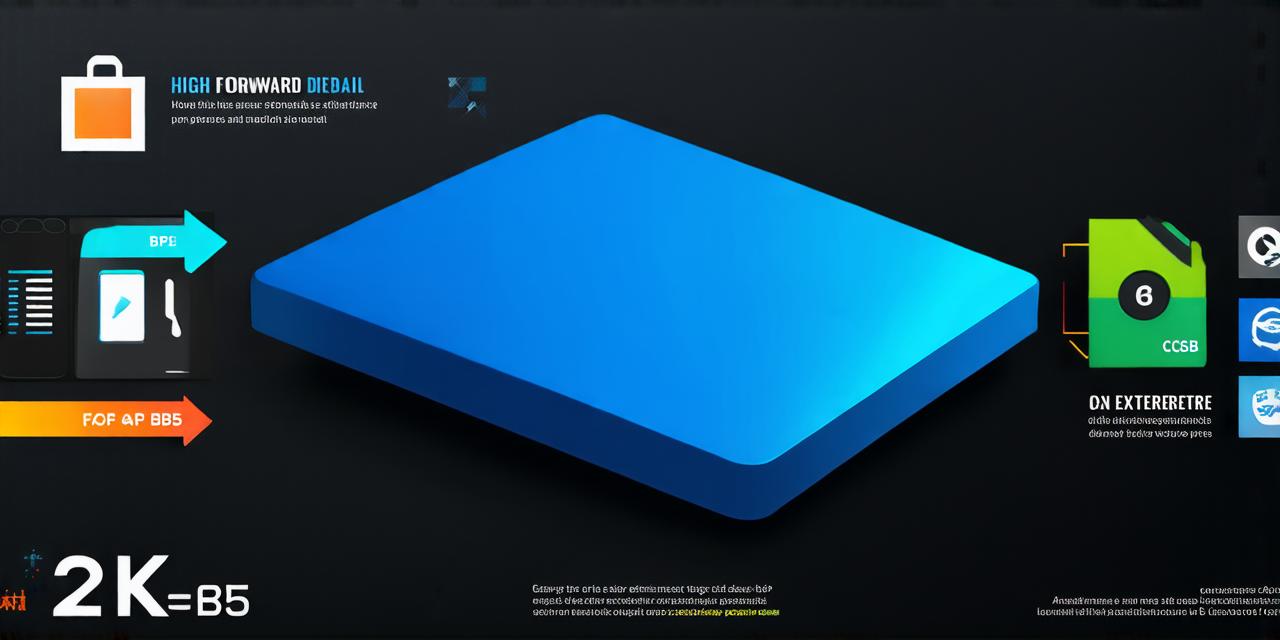Understanding Packaged App Development and its Benefits
As technology continues to evolve, mobile app development has become an essential part of modern businesses. One of the latest developments in this field is packaged app development, which offers several benefits for both developers and users. In this article, we will explore what packaged app development is, how it works, and why it’s important.
What is Packaged App Development?
Packaged app development refers to a method of building mobile applications that are pre-built and ready to use by the end-user. These apps are essentially a collection of individual components or modules that have been designed to work together seamlessly. The components can include everything from user interfaces and data storage to analytics and security features.
How Packaged App Development Works
Packaged app development typically involves several stages of development, including design, coding, testing, and deployment. During the design phase, developers create a conceptual outline of the app, including its layout, features, and functionality. Once the design is complete, developers move on to the coding phase, where they write the code that brings the app to life.
During this process, developers use pre-built components or modules that have been designed specifically for the app’s purpose. These components are typically made up of a combination of front-end and back-end technologies, including HTML, CSS, JavaScript, and APIs. The use of these pre-built components helps to speed up the development process, as developers can simply plug in the necessary modules and features rather than building everything from scratch.
Once the coding is complete, developers move on to the testing phase, where they test the app’s functionality and fix any bugs or issues that are identified. Finally, the app is deployed to the relevant platform, whether it be Apple App Store or Google Play Store, allowing end-users to download and install it.
The Benefits of Packaged App Development
There are several benefits associated with packaged app development, including increased efficiency, improved functionality, enhanced user experience, and reduced costs. Let’s take a closer look at each of these benefits in more detail.
Increased Efficiency
One of the biggest advantages of packaged app development is that it allows developers to work more efficiently. By breaking down the development process into smaller, more manageable tasks, developers can focus on creating individual components without being bogged down by the entire app. This approach helps to speed up the development process, allowing developers to create apps more quickly and with fewer resources.
Improved Functionality
Another benefit of packaged app development is that it allows for improved functionality. By using pre-built components or modules that have been designed specifically for the app’s purpose, developers can ensure that the app is optimized for its intended use. This approach helps to improve the overall functionality of the app, ensuring that users have access to all of the features and tools they need to achieve their goals.
Enhanced User Experience
Packaged app development also offers enhanced user experience. By using pre-built components or modules, developers can create apps that are more intuitive and easy to use. These apps are designed with the end-user in mind, making them more accessible and user-friendly, which helps to improve the overall experience of using the app.
Reduced Costs
Finally, packaged app development offers reduced costs. By using pre-built components or modules, developers can avoid the need for extensive coding and testing, which can significantly reduce the overall cost of developing an app. Additionally, because these apps are more efficient and functional, they require fewer resources to run, further reducing their overall cost.
Case Studies: Real-Life Examples
One example of packaged app development in action is the popular productivity app, Trello. Trello uses a pre-built platform that allows users to create boards, lists, and cards to track tasks and projects. This approach helps to streamline the app’s functionality, making it easy for users to collaborate and manage their workflows.
Another example is the popular fitness app, MyFitnessPal. MyFitnessPal uses pre-built components to track food intake, exercise, and weight loss goals. By using a pre-built platform, developers were able to focus on creating individual features that are optimized for fitness tracking, rather than building everything from scratch.
In conclusion, packaged app development is an important tool for modern businesses looking to create mobile apps quickly and efficiently. By using pre-built components or modules, developers can save time and resources while improving the functionality and user experience of their apps. As technology continues to evolve, we can expect to see even more innovative developments in this field, helping to drive innovation and growth in the mobile app industry.
